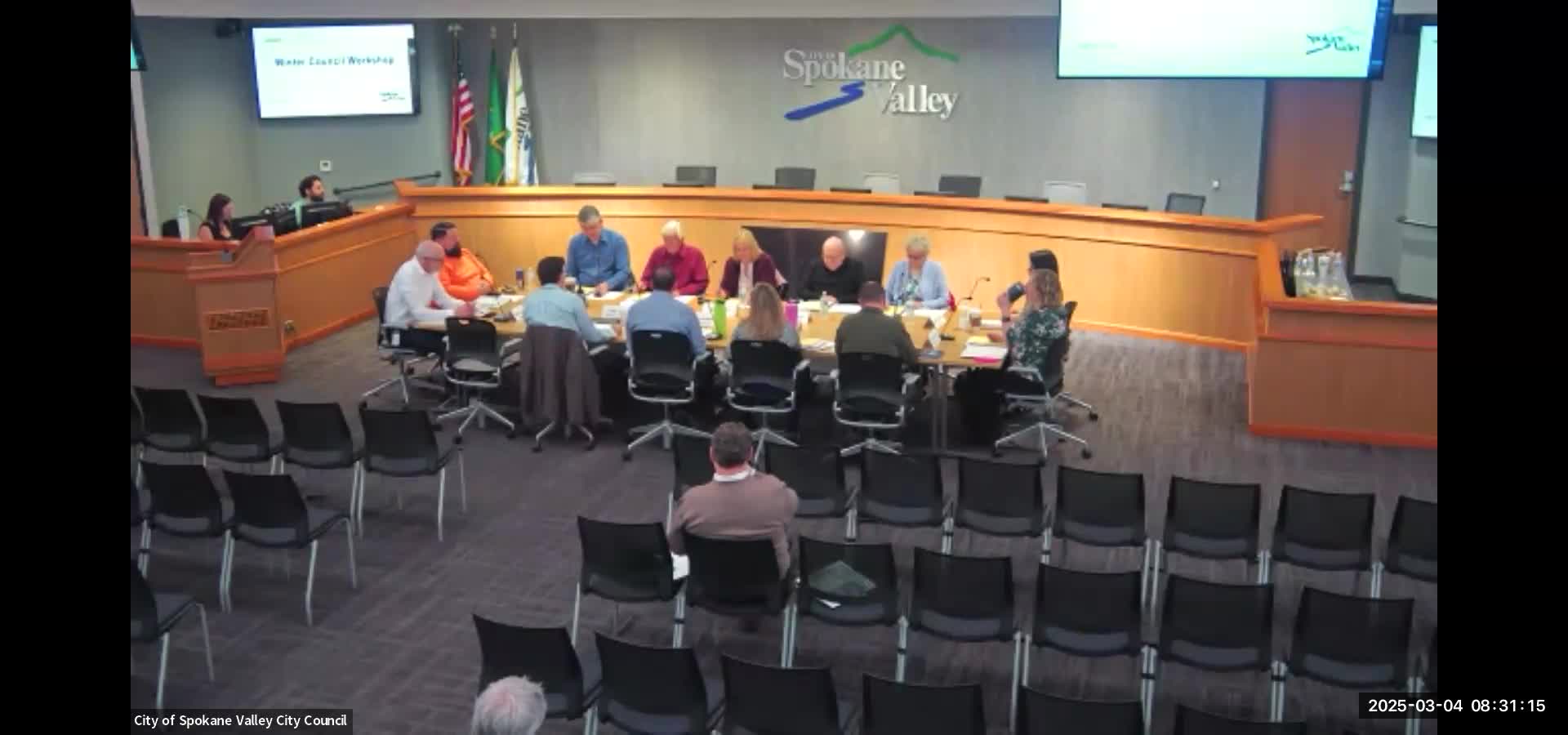Spokane Valley staff warns 2026 budget will be tighter as revenues lag rising public-safety and operating costs
Get AI-powered insights, summaries, and transcripts
Subscribe
Summary
City staff told council at a March 4 winter workshop that sales-tax dependence, recent police-contract increases and rising insurance and detention costs leave Spokane Valley with a structural gap to address in preparation for the 2026 budget.
City staff told the Spokane Valley City Council during a March 4 winter workshop that the city faces a tighter 2026 budget caused by slower sales-tax growth, the cost of recent public-safety contracts and rising operating expenses.
City Manager John Holman said staff will bring options to the June budget workshop but emphasized uncertainty early in the planning process. “These are all just ideas. Today's intent is to discuss those. It needs to be a dialogue with you all,” Holman said.
Finance staff reviewed the city’s recent fiscal picture: recurring expenditures increased about 6 percent for 2025 while recurring revenues rose roughly 3.8 percent, driven largely by flat-to-slightly-declining sales-tax collections. Chelsea, a city finance staff member, told the council she expects sales-tax receipts to remain flat or decline slightly in the near term and is watching state revenue forecasts due mid-March.
Staff noted other cost pressures that will affect 2026 planning: insurance premiums (averaging about a 14-percent annual increase since 2019), contractually driven wage increases tied to recently negotiated collective-bargaining agreements for deputies and other sheriff’s-office personnel, higher medical contracts for detention services, and ongoing inflation-driven adjustments in vendor contracts. Eric, a staff presenter, said many of the one-time cuts made in other departments for the 2025 budget cannot be repeated for 2026.
Council members discussed options staff listed at the workshop, including modest councilmanic adjustments to the property tax levy (the city has not taken the allowable 1-percent increase since 2009), voter-approved levy-lid lifts and targeted sales- or utility-tax measures. Staff noted that a 1-percent property-tax increase would yield roughly $141,000 annually (about $3.45 per year on a median-valued Spokane Valley home) while a larger levy-lid lift could raise substantially more but would require voter approval.
Holman and finance staff asked the council for guidance on which revenue and cost options to analyze ahead of the June budget workshop. They repeatedly framed the session as an information-gathering workshop, not a decision meeting; items identified for further work included revenue options, potential fee updates and follow-up studies on county indirect-cost allocations.
Looking ahead, staff said the formal 2026 budget schedule begins with the June workshop and continues through adoption in November; any voter measures for new sales taxes would require early direction because of filing deadlines for fall or summer ballots.
